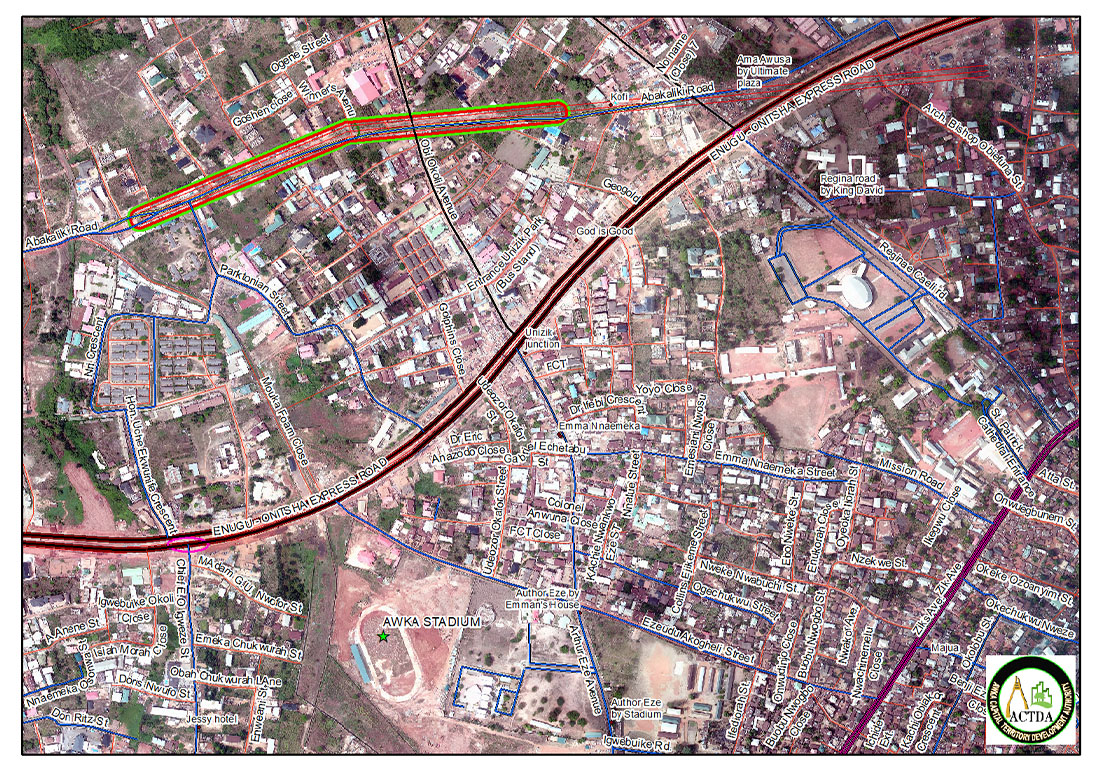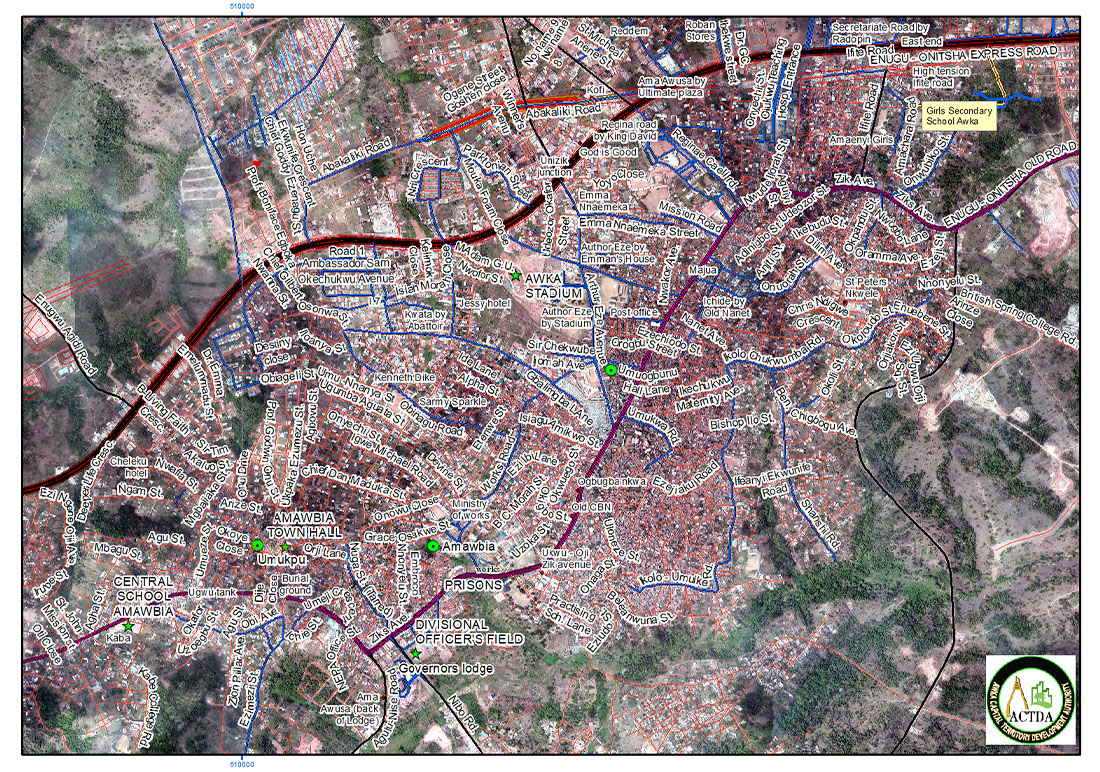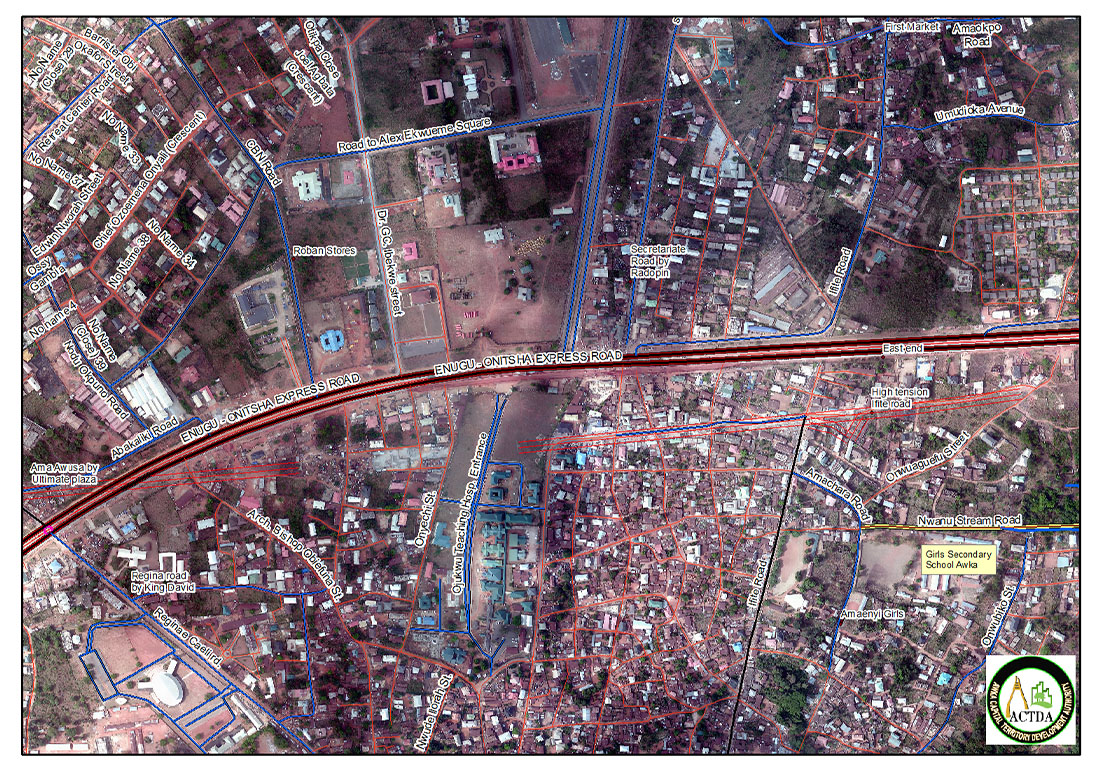Introduction
Urban-rural linkages (URLs) are the dynamic and multifaceted connections between urban and rural areas. They encompass the flow of people, goods, services, and information, and are essential for balanced regional development and the transformation of both landscapes. The Awka Capital Territory Development Authority (ACTDA) recognizes the importance of strengthening these linkages to foster sustainable urban and rural development.
Objective
The objective of this documentation is to provide a comprehensive understanding of URLs, their significance, and the strategies for enhancing them within the context of ACTDA’s city planning and development control.
Understanding Urban-Rural Linkages
URLs are not just about geographic proximity; they represent the interdependence of urban and rural areas. They involve economic, social, environmental, and political dimensions that contribute to the overall development of a region. For instance, urban areas rely on rural regions for food, water, and raw materials, while rural areas benefit from urban markets, services, and opportunities for non-agricultural employment.
Framework for Action
ACTDA proposes a framework for action that aligns with the UN-Habitat’s guiding principles on urban-rural linkages. This framework aims to:
- Integrate urban and rural development planning to ensure that policies and strategies consider the interdependencies and potential synergies between these areas.
- Strengthen infrastructure and connectivity to facilitate the efficient movement of people, goods, and services.
- Promote economic diversification in rural areas to reduce dependency on agriculture and enhance resilience.
- Foster sustainable land use practices that protect the environment while supporting economic growth.
- Encourage community participation and inclusive governance structures that reflect the needs and aspirations of both urban and rural populations.
Challenges and Opportunities
The development of URLs faces several challenges, including inadequate infrastructure, limited economic opportunities in rural areas, and environmental degradation. However, these challenges also present opportunities for innovation, collaboration, and investment in sustainable practices that can bridge the urban-rural divide.
Conclusion
By embracing the concept of urban-rural linkages, ACTDA can play a pivotal role in promoting a more integrated approach to territorial development. This will not only enhance the quality of life for residents but also contribute to the achievement of broader sustainable development goals.
For further reading on the concept and framework for action on urban-rural linkages, refer to the detailed reports and guidelines provided by UN-Habitat.




